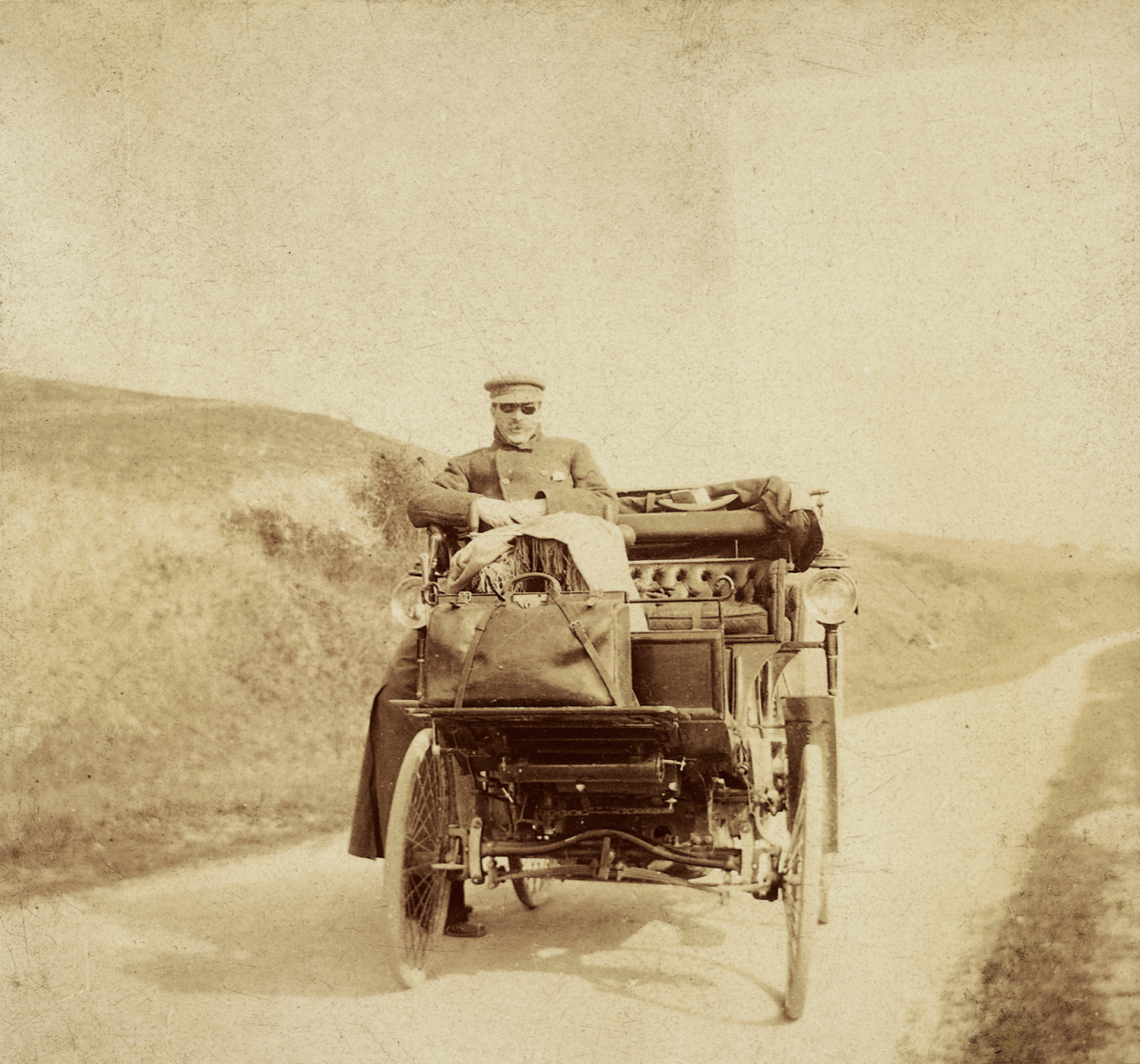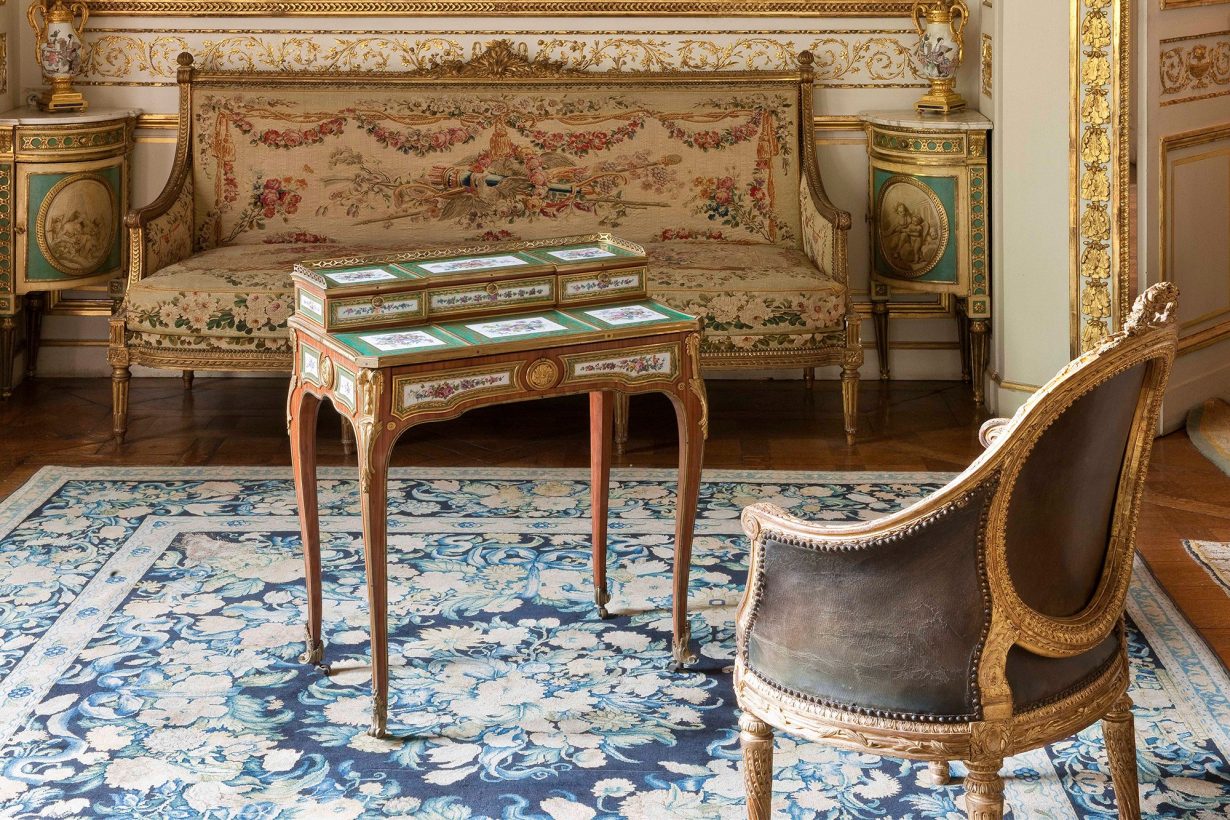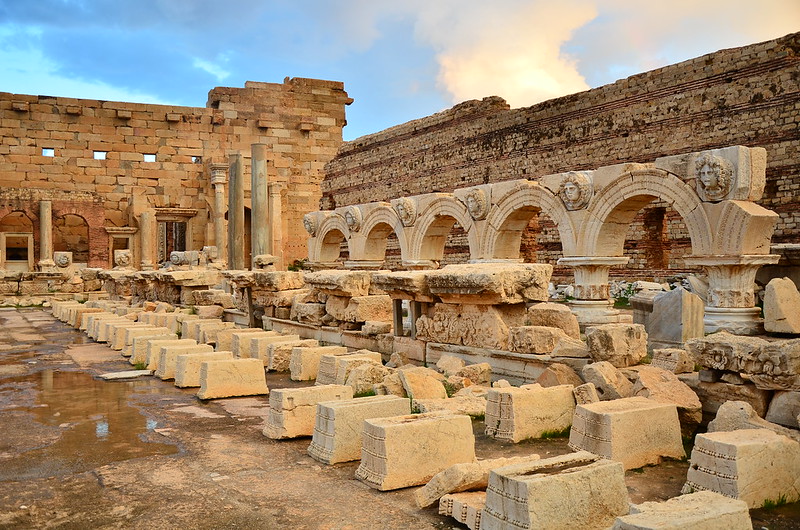Restitution and the long shadows of history preoccupy two leading British authors
Midway through his new book, a series of fictional letters written to the historical figure of Moïse de Camondo, an Ottoman-born banker and art collector who settled in Paris during the mid-nineteenth century, Edmund de Waal quotes Proust. The novelist was writing on the work of Jean-Baptiste-Siméon Chardin, an eighteenth-century painter celebrated for his still lifes. Camondo owned several works by the French artist. Proust claims that the artist’s brilliance lay in ‘the expression of the most intimate things in his life, and the deepest meaning there is in objects, it is to our life that his work appeals; as it is our life that it reaches out to touch, gradually leading our perceptions towards objects, close to the heart of things’. It is a philosophy – that through their treasured possessions we might know a person, their hopes and fears, what makes them tick – to which de Waal has long pegged his writing.

Letters to Camondo acts as something of a sequel to de Waal’s bestselling The Hare with Amber Eyes (2010), in which, through a beloved family Japanese netsuke collection, the author portrayed the Parisian life of his ancestors, the Ephrussi family, during the anti-Semitic fever of the Dreyfus affair, and the escape of another set of relatives from Nazi-occupied Vienna three decades later (the tiny sculptures were the few possessions they managed to conceal from the SS). Camondo arrived in Paris in 1869, aged nine, from Constantinople, and, in 1911, built a mansion in the 8th arrondissement, on the street Léon Ephrussi had also made his home. ‘I’m a little embarrassed by how much time I’ve spent in the rue de Monceau, how many days I’ve spent reading about it, haunting it,’ de Waal writes. That Camondo’s life followed a similar trajectory to that of the Ephrussi family makes the motivations behind de Waal’s new work obvious. Both represented rich banking dynasties, and both were patrons whose wealth, consequent social status and artistic taste did nothing to protect them from anti-Semitism in their newfound home: Moïse’s daughter, son-in-law and grandchildren were captured in Nazi-occupied France and murdered at Auschwitz.
Yet despite the tragedy that hangs over the family tale, de Waal’s ability to conjure up the personality of a character long dead through his possessions is a joy. ‘Your house is a place where everything is something else. It is a baroque riposte against truth to materials; here one material segues into another, your hand touches gold on the arms of the chair on which you sit. There are plaques of porcelain set into the furniture. This is an interior as performance,’ he writes of Camondo’s new home, a demonstration of an exile’s eagerness to ‘assimilate’. When de Waal continues – ‘There are spaces here, silences, one thing becoming another, one person becoming another. Doors to slip through, slip away’ – a moving picture of the Jewish condition in Europe, always ready for flight once the scapegoating begins again, is made starkly apparent.

Critic and folklorist Marina Warner’s ‘unreliable memoir’ (its self-professed unreliability apparent, for example, in the recounting of conversations from memory) is also structured through treasured objects inherited from her parents. But they are of a different order to those that draw the attention of de Waal: the famous paintings and elegant furniture are replaced by more mundane objects – photographs documenting her parent’s courtship (her father an English serviceman stationed in Italy, her mother a local woman more than ten years his junior); her mother’s old brogues, symbolic of her attempts to fit in to a new family and an alien country. When her parents went to Egypt to open the first branch of bookseller WHSmith in the region (‘It’s clear the king knows the country’s got to be educated, and we’re the ones to do it,’ her father apparently said of Faruq of Egypt), this colonial enterprise is told through an old bookplate, a map and silver picture frame. As well as charting family dramas, the objects recall Nasser’s revolution in 1952, which took place six months after the ‘Black Saturday’ riots in which the bookshop and many other European businesses and buildings were looted and burnt, the locals apparently ‘pushed beyond the limits of their biddability’.

De Waal’s interest in the objects we own stems from the inherited trauma of his family’s loss of everything at the hands of the Nazi regime (and the slow rebuilding of their life thereafter) and a frequently articulated commitment to restitution in all its forms. However beguiling Warner’s ‘inventory’, and enjoyable her oft-lyrical prose, the tension, or wider context, is largely shut out of her account (though ‘colonial assumptions of the British in Egypt’ make Warner ‘flinch’). She breezily mentions that her father, during the Second World War, had picked up ‘a piece of the entablature of the temple at Leptis Magna’ in Libya while part of the drive to reinforce the Allied occupation of Tobruk against its siege by Axis forces. ‘It was used as a doorstop at home for years and now does the same job in my sitting room.’ In de Waal’s hands objects stand for much bigger truths, of questions of loss and injustice; the opposite happens here. The Leptis Magna stone, looted from its cultural, historical and social context, reduced to bourgeois decoration, has all life and nuance drained from it.
Letters to Camondo by Edmund de Waal, Chatto & Windus, £14.99 (hardcover)
Inventory of a Life Mislaid: An Unreliable Memoir, by Marina Warner, William Collins, £16.99 (hardcover)